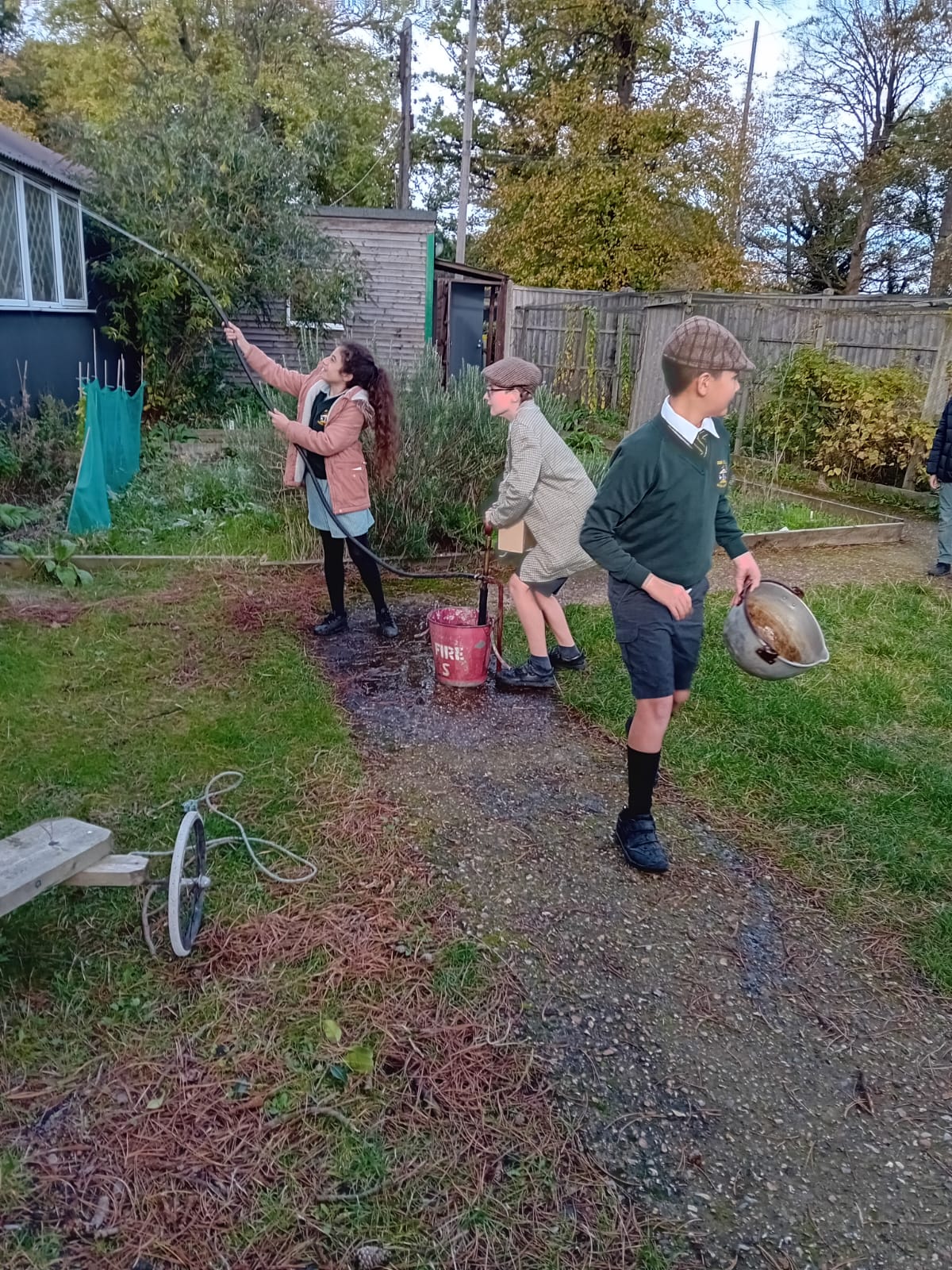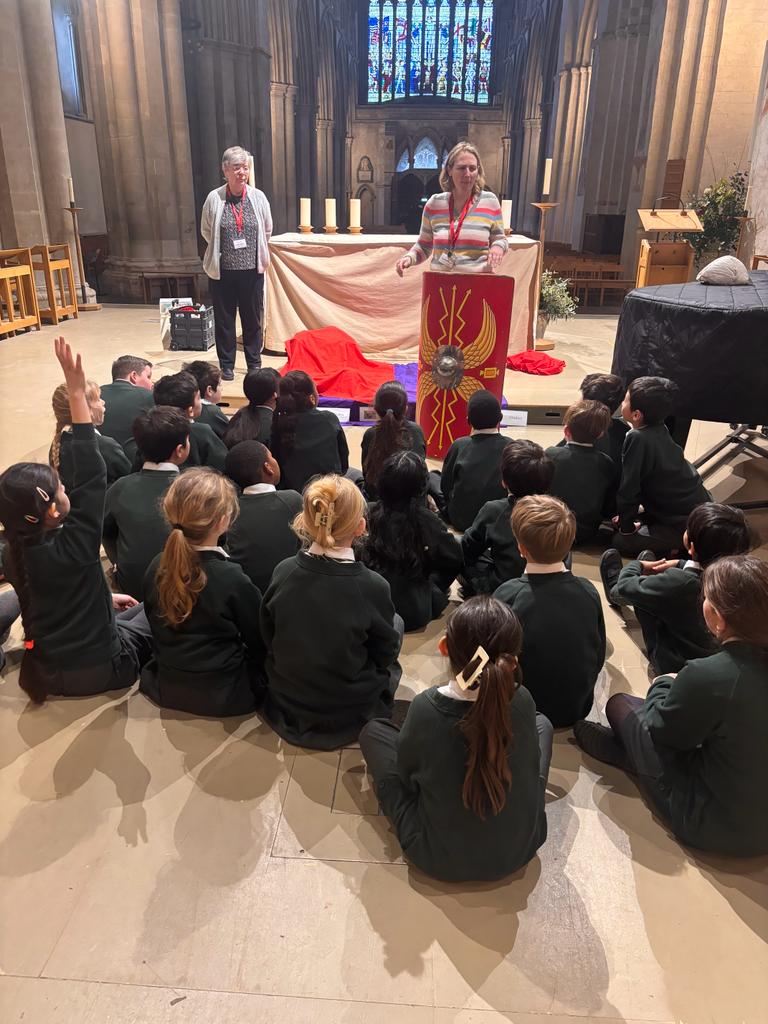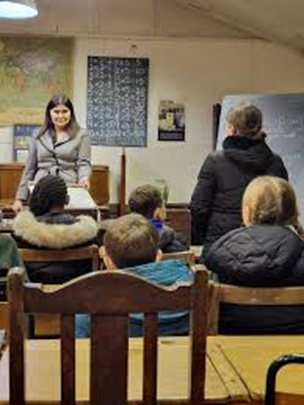History
Vision
At Fair Field, we believe History should ignite curiosity and empower pupils to explore the past in order to understand the present. Our vision is to create passionate young historians who are confident in using evidence, enquiry and critical thinking to question and interpret the world around them. Through immersive learning experiences—including drama, storytelling, role play, and interactive workshops—as well as visits to local and national museums, we strive to bring history to life.
We aim to build both deep substantive knowledge and transferrable disciplinary skills across diverse periods, people and cultures, including British and world history. Our curriculum celebrates the richness and interconnectedness of local, national, and global history—connecting ancient civilisations, significant world events, and key themes that shape today’s society.
We strive to nurture responsible, reflective learners who can engage thoughtfully with the past and its relevance to their future, developing their own historical voice as informed citizens.



How we teach History at Fair Field
We use an enquiry approach, with open-ended enquiry questions forming the basis of our units where the children apply their historical knowledge and skills as historians.
We bring learning to life through immersive approaches including storytelling, drama, role play, hands-on artefact exploration, and enrichment experiences such as museum visits and local history studies.
We use Key Stage History to support our deliver. Providing engaging enquiries, clear progression, and a strong emphasis on historical thinking. Each unit is framed around a rich historical question that sparks curiosity, guides investigation, and develops pupils as thoughtful, active historians.
Our curriculum is built around six key historical concepts:
- Construct and Sequence the Past – Pupils develop a secure understanding of chronology by sequencing events, civilisations, and eras. They begin to understand the “big picture” of history and how different periods connect across time.
- Change and Development – Pupils explore how life, beliefs, and societies have changed over time. They consider what stayed the same, what changed, and why those changes mattered.
- Cause and Effect – Pupils investigate why events happened and what their consequences were, examining the actions, decisions, and circumstances that shaped history at both local and global levels.
- Significance and Interpretation – Pupils consider the impact of key individuals, movements, and events. They explore different interpretations of the past and begin to understand that history is not fixed, but shaped by those who record and retell it.
- Plan and Carry Out an Enquiry – Pupils learn to frame questions, follow lines of enquiry, and build arguments using structured thinking. They make connections between evidence and interpretation, drawing reasoned conclusions about historical events.
- Use Sources as Evidence – Pupils develop the skills to critically analyse a range of primary and secondary sources, including artefacts, texts, images, and oral accounts. They learn to question the reliability and bias of sources and use evidence to support their understanding.
